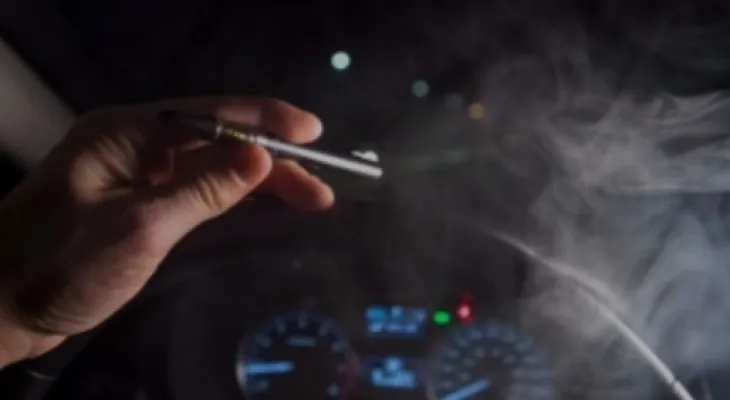Search here
Newspaper
Search here

Arab Canada News
News

Published: December 1, 2022
The number of Ontario residents admitting to driving after using "cannabis" is increasing, according to a survey conducted by CAA South Central Ontario, which found a 10 percent increase in drivers struggling with cannabis addiction.
The survey also found that in the past three months, nearly 600,000 Ontario drivers admitted to driving after using drugs. CAA spokesman Michael Stewart said this number, which includes all addicted drivers, including those who smoke, has remained relatively stable since a 2019 survey. However, he says it is concerning to see such a sharp increase in the number of people driving after using cannabis.
Stewart also stated: "It is terrible that we see this large number of people behind the wheel while intoxicated."
Stewart continued to say: "The effects of edibles like chocolates, candies, and other cannabis-containing sweets can be deceptive because they are often not felt as quickly as smoking cannabis. Edibles are different from smoking cannabis, as the effects can take longer to appear, almost up to two hours, and can last up to 12 hours. Therefore, it is very concerning that people eat these foods and then sit behind the wheel."
In the same context, the Civil Aviation Authority also found that nearly half (about 282,000) of drivers showing drug symptoms in Ontario in the past three months (about 282,000) had also consumed other substances such as alcohol or other drugs.
Stewart also said that different substances have different effects on drivers when they are behind the wheel, and mixing them further affects a person's ability to drive safely. Another unfortunate result of the survey is that many drivers were unaware of the penalties associated with driving after using drugs.
In Ontario, those who fail a drug impairment test face an immediate 90-day license suspension, a seven-day vehicle impoundment, and a $550 fine. If convicted in court, driver's licenses will be suspended for at least one year, along with many other mandatory conditions including education or treatment programs.
Stewart added that there seems to be a misconception, especially among young drivers, that cannabis either makes you a better driver or does not affect your ability to drive safely, which he says is not true.
Comments